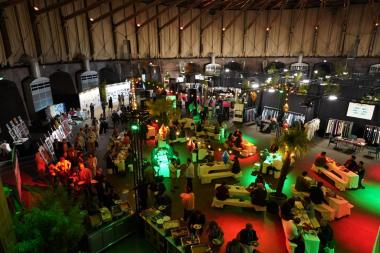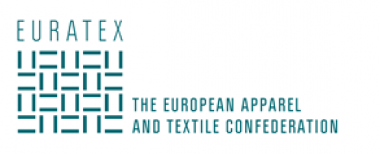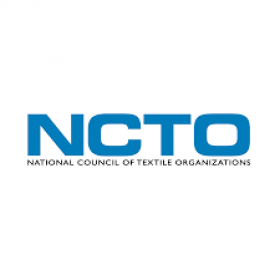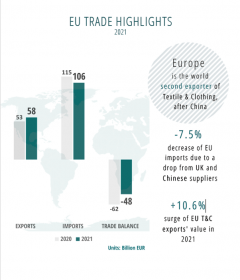NCTO: USTR seeks Input on Domestic Supply Chain Resilience Policy
Glen Raven hosted United States Trade Representative (USTR) Ambassador Katherine Tai in an important visit to the company’s yarn spinning manufacturing facility and headquarters for its Sunbrella® flagship brand in Burlington, N.C. followed by an industry supply chain roundtable.
Ambassador Tai’s visit coincides with USTR’s Federal Register notice for public input to inform the administration’s development of trade and investment policy initiatives related to a domestic supply chain resilience plan.
USTR has highlighted domestic textiles as a critical part of the supply chain. The textile sector, which includes yarns, fabrics, apparel and other finished goods, will be part of its fact-finding investigation into shaping policy tools that could be deployed to enhance supply chain resilience. The office is requesting input on policies that are currently working well for these sectors, and those that are not working well, in advancing domestic supply chains.
The Ambassador’s visit to Glen Raven included a tour of the Sunbrella facilities, a design and innovation center, and a roundtable discussion with several other textile executives based in North Carolina who highlighted the significant impact of the sector to the U.S. economy.
Glen Raven, a family-owned company founded in 1880, operates five manufacturing facilities in North and South Carolina employing 2,500 people, including their joint venture with Shawmut Corporation. The company is currently in the process of scaling a $250 million multi-phase U.S. capacity expansion plan of its facilities and infrastructure to meet customer demand.
National Council of Textile Organizations

































